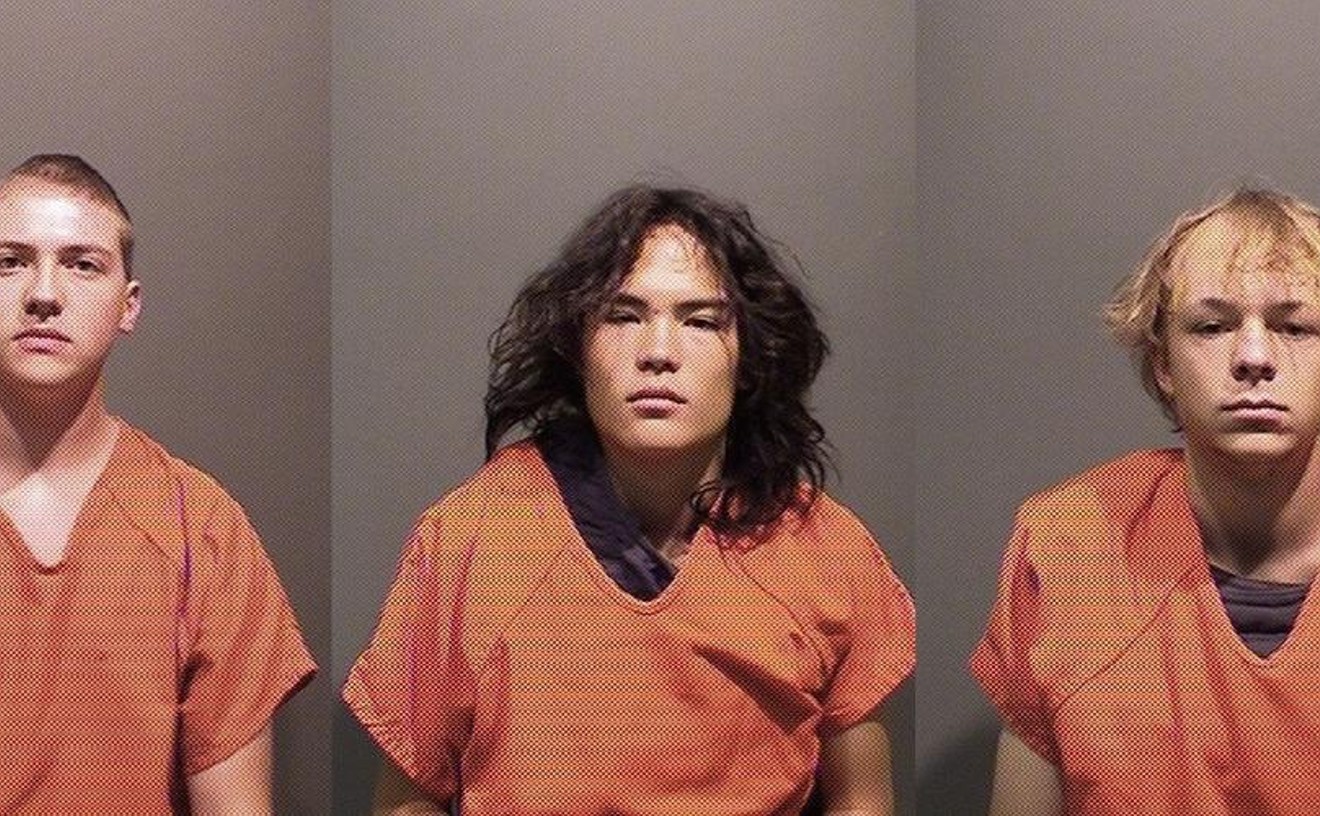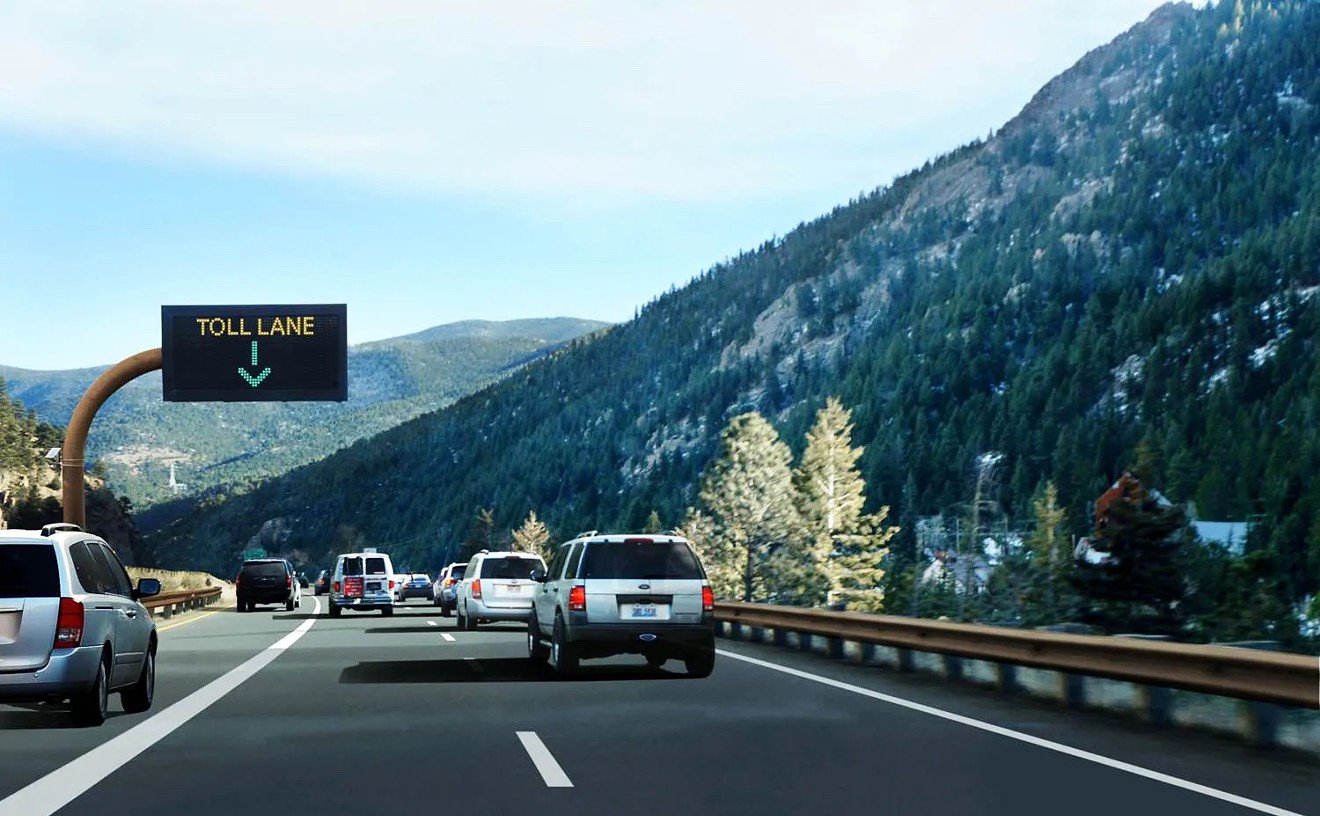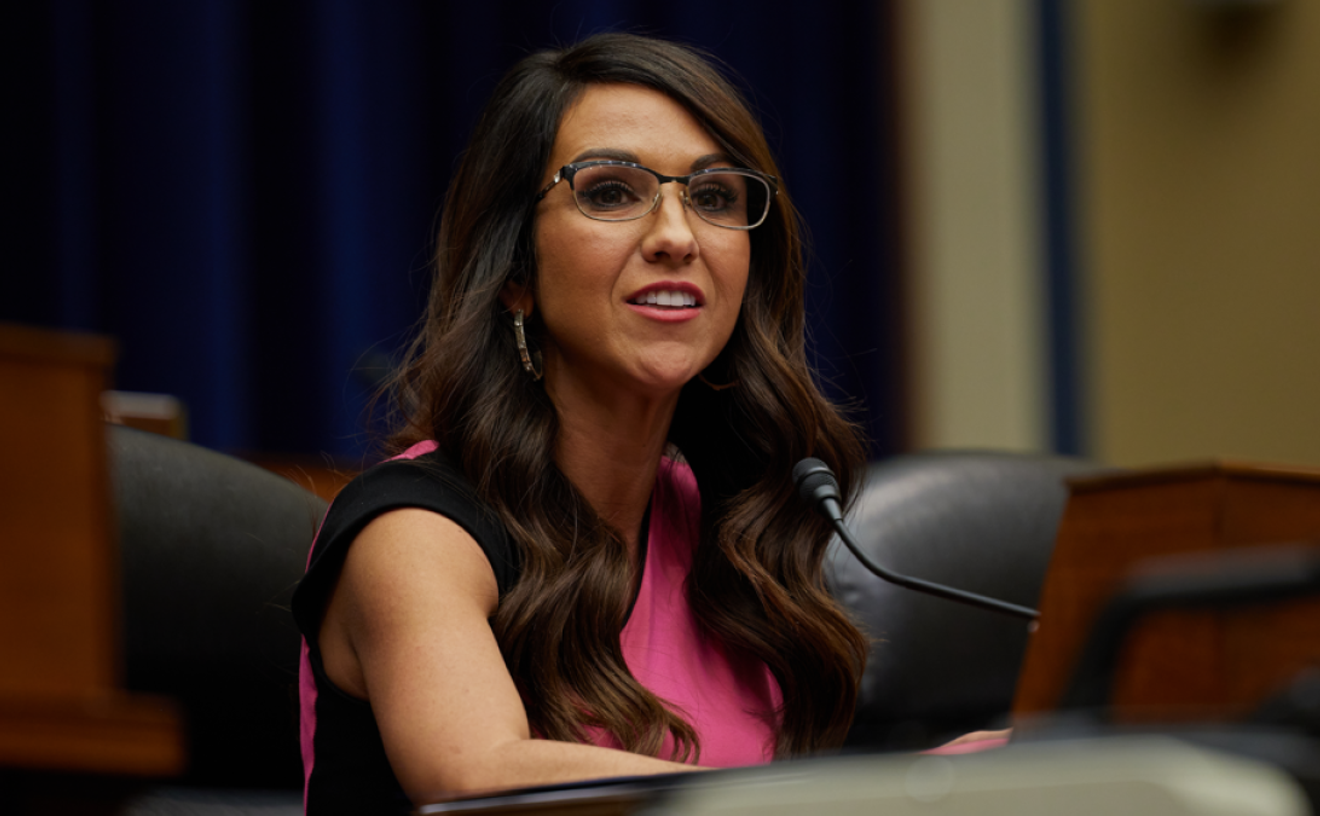The underlying facts are true: In November 1979, six Americans escaped from the U.S. embassy, evading capture by the Islamist militants who would hold 52 of their co-workers hostage for 444 days. They hid at the houses of Canadian diplomats and managed to get word of their whereabouts to the White House. U.S. officials were afraid they'd be discovered and executed as spies, so they enlisted the CIA to rescue them. The job fell to a man named Tony Mendez, who'd worked in the division of the CIA that tried to blow up Fidel Castro's cigars, and he hatched an elaborate plan: He'd disguise the six Americans as a Canadian film crew scouting locations for a Hollywood movie in Iran.
(For more on what really happened, read this excellent 2007 Wired story, "How the CIA Used a Fake Sci-Fi Flick to Rescue Americans from Tehran", by Joshuah Bearman, a former staff writer and editor for Westword's sister paper LA Weekly.)
Mendez turned to Oscar-winning makeup artist (and CIA collaborator) John Chambers for help. They needed a movie script to pull off their ruse, and the story goes that Chambers, who'd been hired to do the makeup for Lord of Light, suggested using that script. Thanks to a series of scandals and indictments of the project's key players, it was looking like the ambitious movie would never be made. Mendez thought the script was perfect. He didn't change a thing except the title, which he switched to Argo.In the Ben Affleck re-telling, however, the CIA and Hollywood operatives comb through a pile of scripts and come upon one for a B-type sci-fi movie called Argo. There's no mention of Lord of Light or Science Fiction Land or Aurora, Colorado -- an omission that a new documentary appropriately titled Science Fiction Land aims to remedy.
The film's creators are currently trying to raise $50,000 through Kickstarter to continue work on the documentary. With just a few days left, they've raised more than $39,000.
"Even before Argo came along, we were fascinated with the ways all of the characters in the (documentary) film feel about myth-making and storytelling and the line between fantasy and reality. And then Argo comes along and it's yet another Hollywood interpretation of the story," says director and producer Judd Ehrlich. "It's been fictionalized and dramatized. A lot of people view it and they're like, 'That's history.'
"For us, it's like another layer to this insane story."
Continue for more on Science Fiction Land. The insane story starts with an eccentric man named Barry Ira Geller. "He was the driving force behind this film and theme park," says the New York-based Ehrlich. "He was this kid who grew up in the Bronx, and he'd been obsessed with science fiction, comic and fantasy."Geller managed to buy the movie rights to Roger Zelazny's bestselling 1967 sci-fi novel Lord of Light , which tells the tale of a renegade god who tries to bring freeing technology to the oppressed people of a colonized planet. The book won the prestigious Hugo Award in 1968. Geller, Ehrlich says, "wrote a screenplay and set out to raise the money to create what was supposed to be the largest budget science-fiction film ever."
Despite having no experience producing movies or building theme parks -- and, according to a 1979 Rocky Mountain News story, living until a short time before in a "dilapidated, cockroach-infested basement apartment in downtown Hollywood" -- Geller was able to amass a team of well-known collaborators. Comic book artist Jack Kirby, co-creator of Captain America and the X-Men, drew renderings for the movie and theme park. Author Ray Bradbury and architect Buckminster Fuller served as consultants.
Geller also partnered with a Vegas promoter and stuntman named Jerry Schafer, to whom he'd been introduced by mutual friends. "He had genuinely been around and genuinely had a lot of connections in Hollywood," Ehrlich says. "That's what Barry felt he needed. He needed a front man, a show man, who could sell the project to the public."
According to Geller, who's been interviewed for the documentary, it was Schafer's idea to build the Science Fiction Land theme park in Aurora, Colorado. "He says the reason was that (Schafer) went there on his honeymoon," Ehrlich says, "and that he felt like there wasn't much going on there and that it would be a good place to sort of make something like this happen." (For more about tourism in Aurora, read our feature, "Wish You Were Here!") The idea was for Fuller to design a dome that would encase the park "almost like an indoor arena, so it would be able to be open year-round," Ehrlich says. (Fuller proposed building a similar dome over Manhattan.)In November 1979 -- the same month that Islamist militants were taking over the U.S. embassy in Tehran -- Geller, Schafer and the rest of their group held a press conference in Aurora to announce their plans. A November 30, 1979 Rocky story describes it like this:
Schafer, a former movie stunt man, script writer and Las Vegas show producer, served as chief spokesman for the group during an hour-long press conference attended by at least 100 people, including practically every newspaper and television station in town, and several city-level politicians from both Aurora (which might eventually decide to annex the park) and Denver. As he spoke, three "futuristic clowns" in iridescent green and blue outfits, with sparkling green faces and green fright wigs, stood on the fringes of the audience. Several black-and-white sketches, including bizarre portraits of a half-dozen science-fiction characters to appear in the film, and elaborate drawings of the almost Sci-Fi-Baroque sets, were taped to the walls.Continue for more on the downfall of Science Fiction Land. Schafer claimed to have an "irrevocable letter of credit" for $400 million from the Royal Bank of Canada and plans to finance the $50 million movie and $400 million theme park by selling plots in a planned 10,000-acre industrial park called called Science City.
Journalists were skeptical. The Rocky reported that "reporters want to know where the money is coming from, how much the whole project is contingent on anticipated annexation by Aurora, where the park will get its water and sewer services, and generally, just how realistic the whole project really is." Schafer didn't have good answers.
Within weeks, the whole project came to a screeching halt. It turned out there was no "irrevocable letter of credit," and on December 14, 1979, the Rocky revealed that Schafer had been arrested for securities fraud. Local authorities claimed he and Geller had "convinced an immigrant who speaks only broken English to give them his life savings -- $50,000 -- to help finance the park," the Rocky reported. In all, Schafer, Geller and a third man, Larry Chance, were charged with eleven felonies. In addition, four Aurora officials, including former mayor Fred Hood, were indicted for trying to use inside information to buy land adjacent to the proposed park in the hope of making a profit.
Today, Geller claims he's innocent -- a possibility Ehrlich hopes to explore in the documentary. The contract with the immigrant has Geller's signature on it, but Geller claims he'd never set foot in Colorado until the press conference, raising the possibility that the signature was forged. And after the very public charges and indictments were announced, the accused were allowed to plead down their charges. No one served jail time.
"When you start delving into the specifics of what happened, there are all of these question marks," Ehrlich says. "Did the CIA want a clear cover, and did they have something to do with bringing down Science Fiction Land? And how exactly did that happen? You turn over one stone and there's just more and more."
Continue for clips from the documentary and Argo. Geller didn't know that the CIA used his Lord of Light script in the daring rescue of the six Americans until years later, when he was contacted by a researcher named Diane Bernard for the Errol Morris television show First Person. The program was doing a piece about Mendez (see a clip below). "During the interview, Tony talked about stealing -- and he used the word steal -- he stole a screenplay called Lord of Light, and he stole all of these incredible designs that ended up being done by Jack Kirby, and he changed name of the Lord of Light screenplay to Argo," Ehrlich says.A central question of his documentary, Ehrlich says, is how an unknown like Geller got as far as he did with the project. "And why did it all come crashing down so dramatically?" Ehrlich says. "And then the connection with the CIA is this other story that was happening really at the same time that everything was going down with Science Fiction Land in Colorado and all these lives seem to be ruined.
"Almost at the exact moment," Ehrlich continues, "halfway around world, all the work done for Science Fiction Land and Lord of Light is being used for this completely separate purpose successfully and ended up saving these people's lives. For people to find out about that basically twenty years later was pretty remarkable.
"And it also kind of crystallized this world view that I think Barry had of the interconnectivity of the universe, in a way. And the way that our actions may have unintended consequences -- because really, who knows if things would have happened the way they happened had all of these people not produced what they produced."
See the clips below. And check out the Science Fiction Land documentary Kickstarter. Ehrlich says he hopes to use some of the money raised to do more filming in Aurora.
More from our Follow That Story archive: "Science Fiction Land could have been Aurora's biggest tourist trap, if its backers weren't crooks."
Follow me on Twitter @MelanieAsmar or e-mail me at [email protected]











